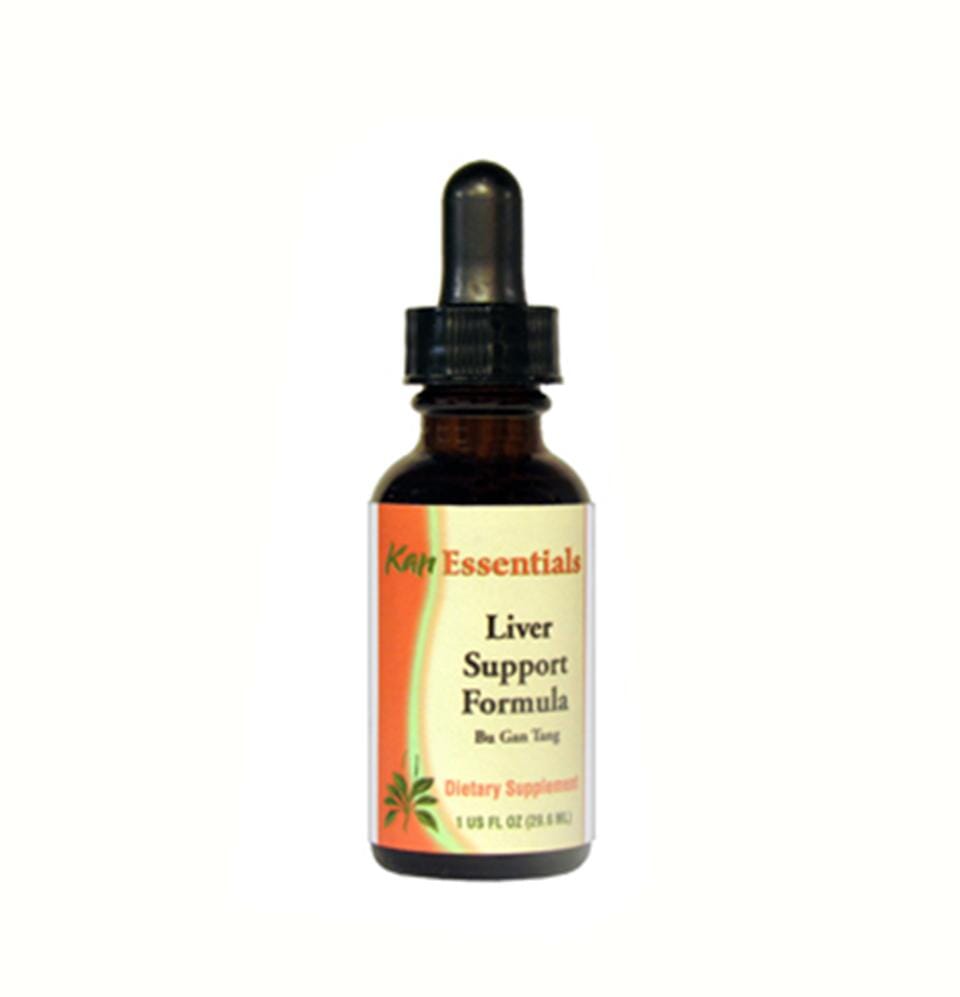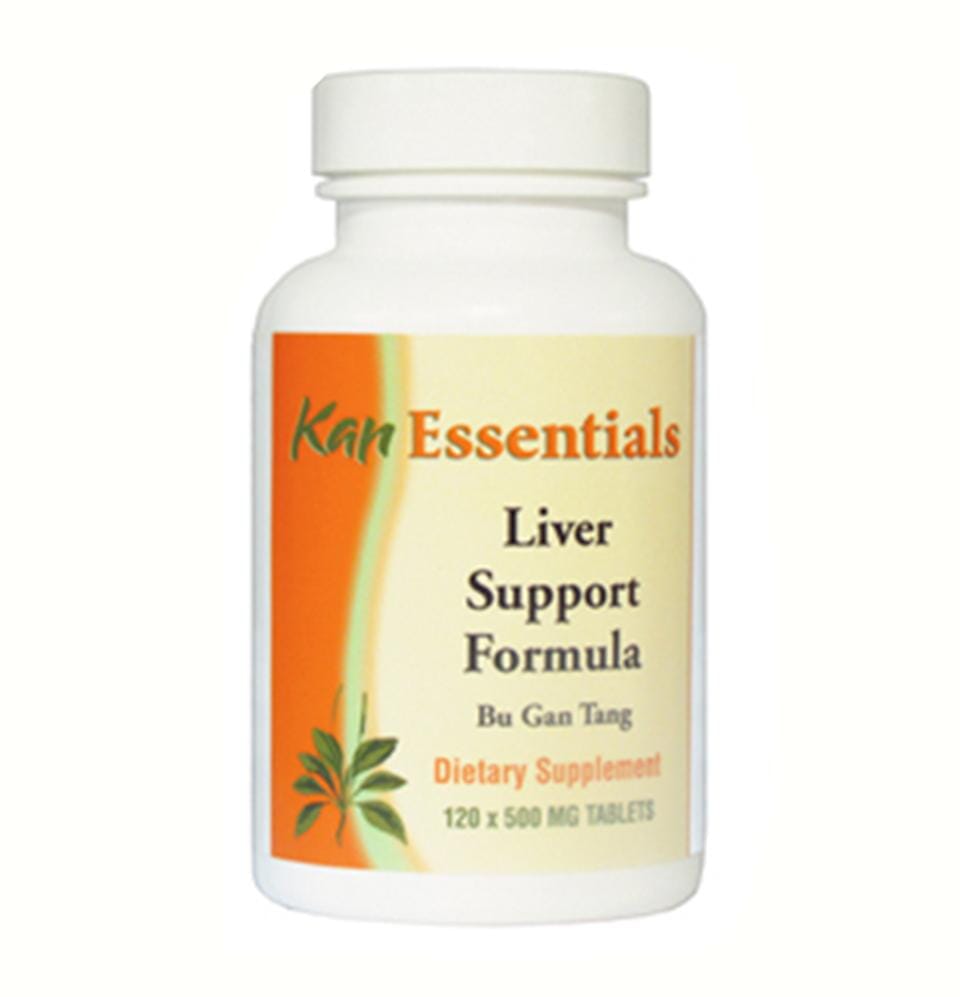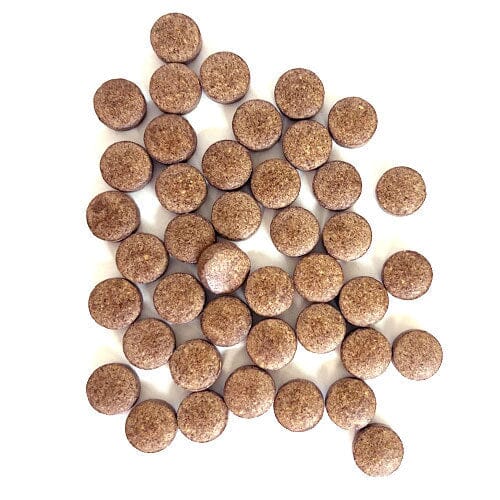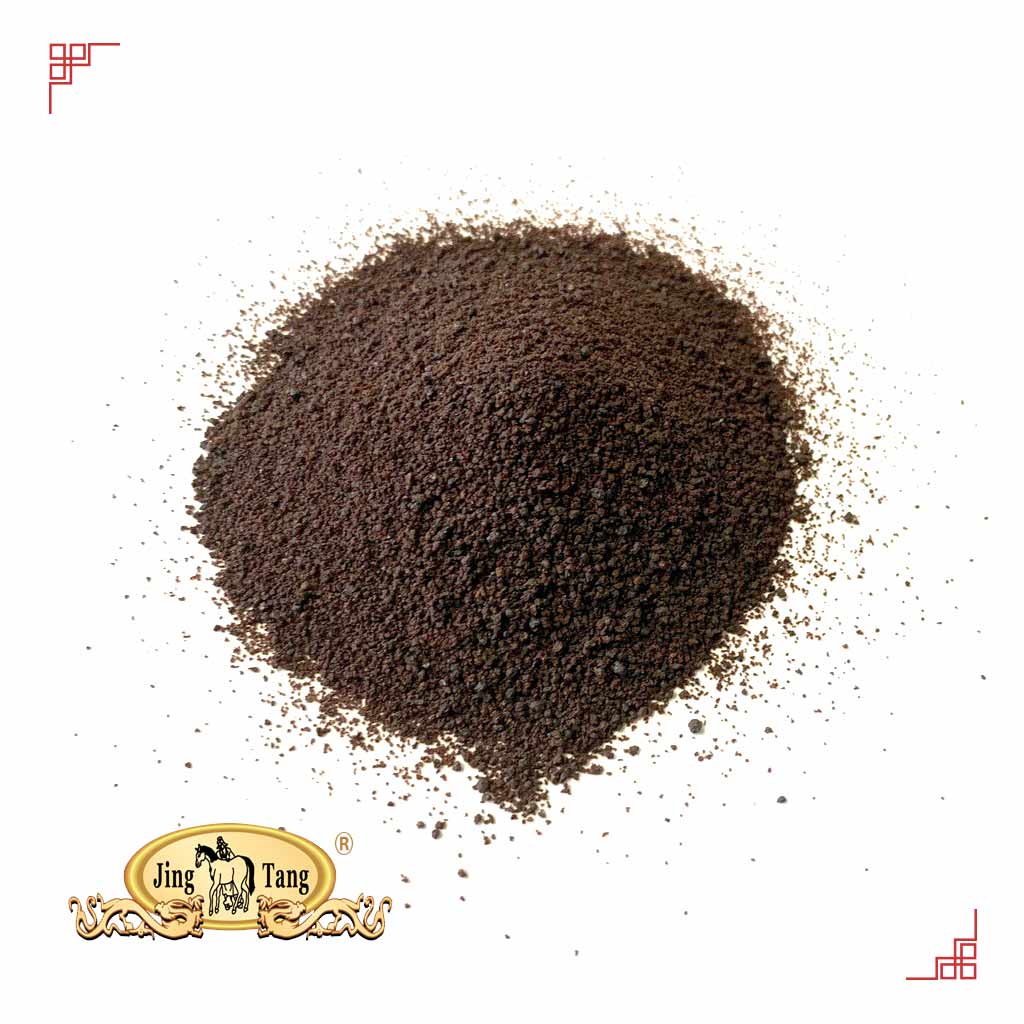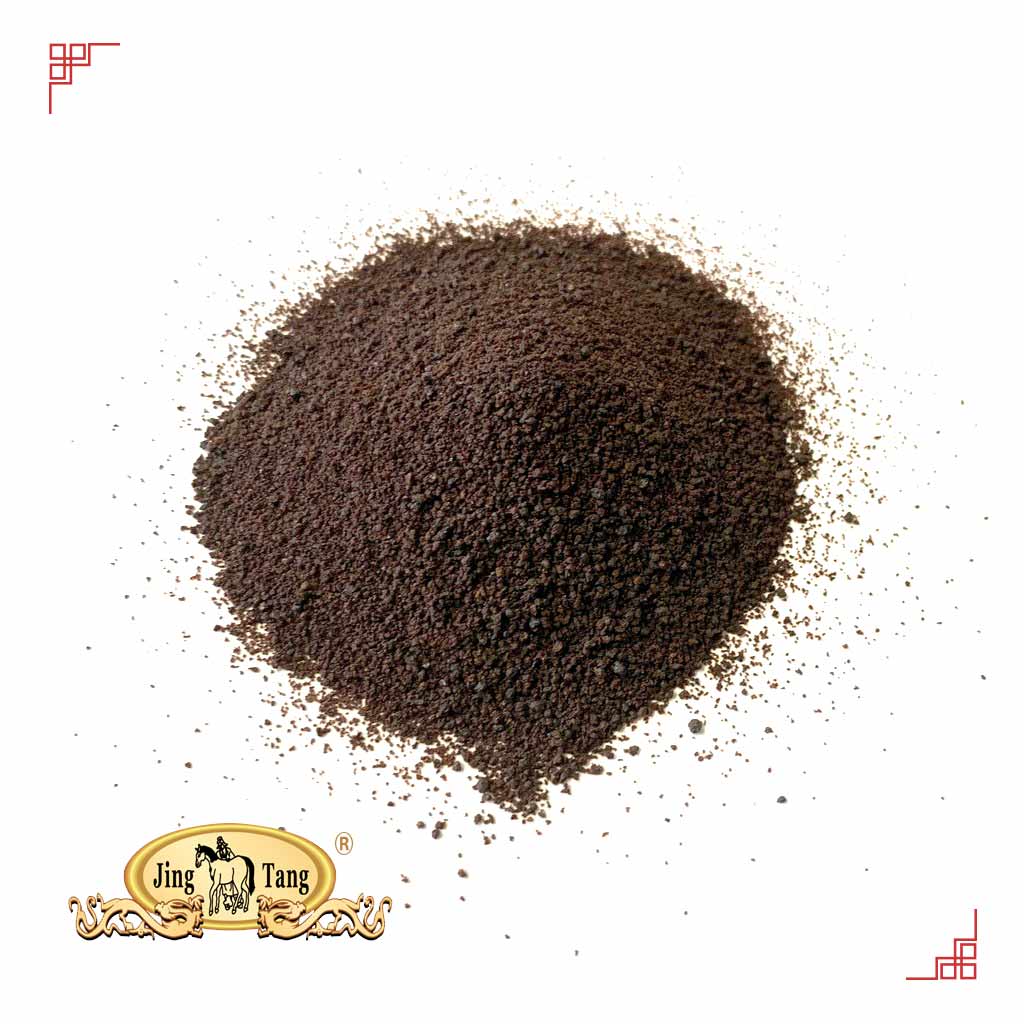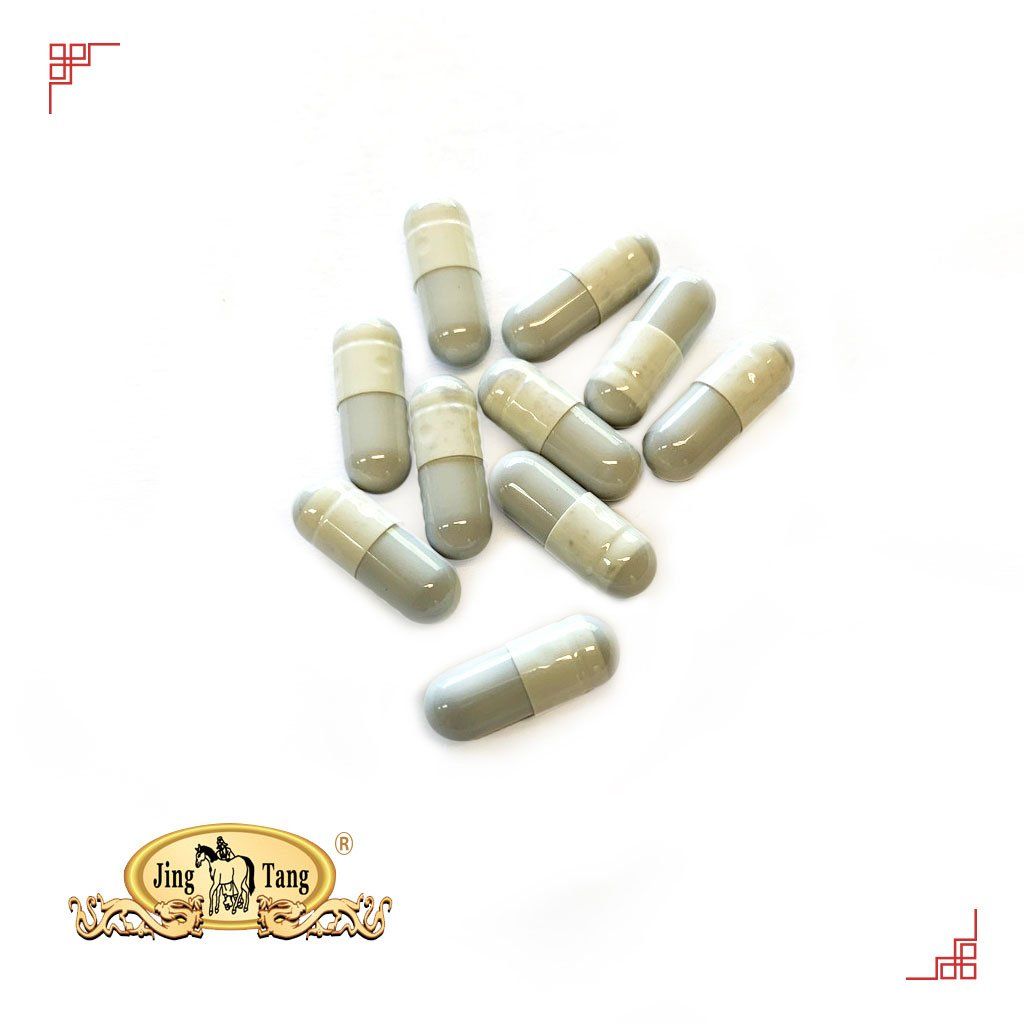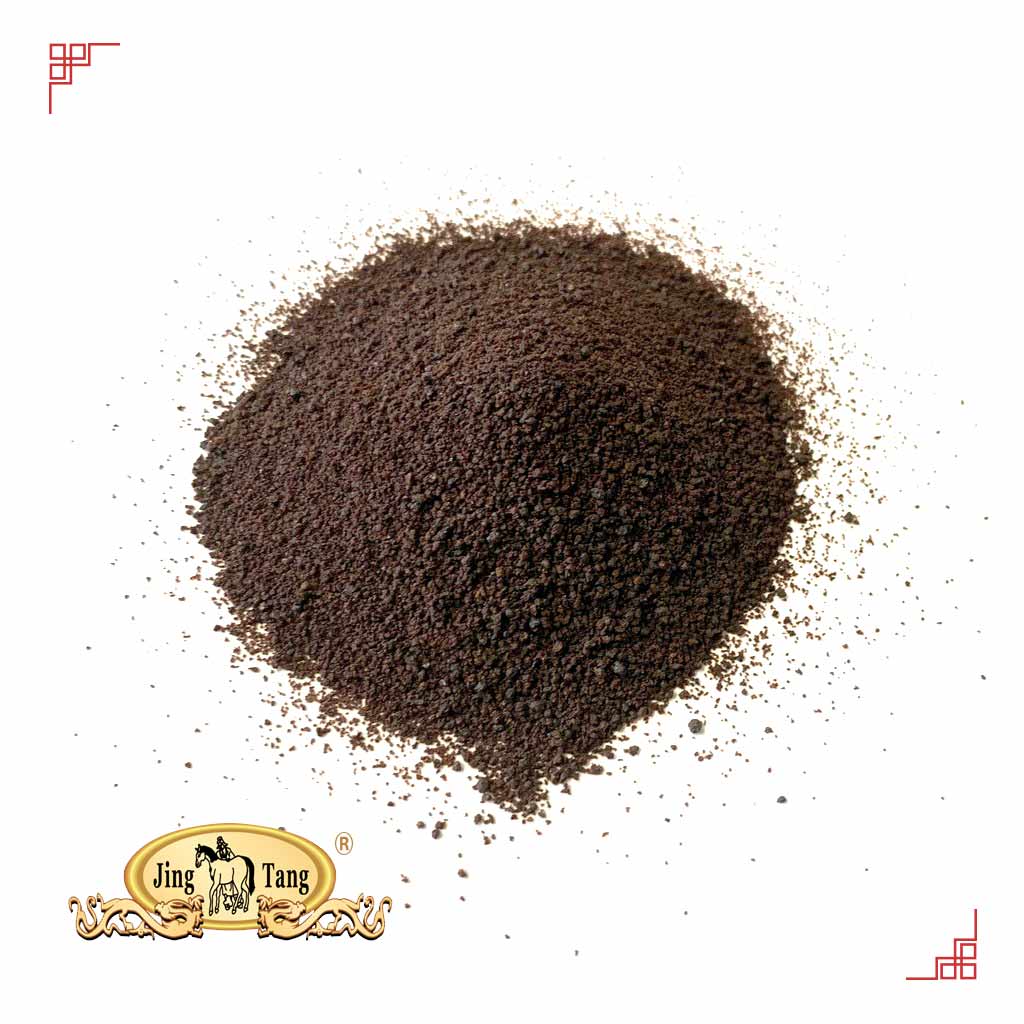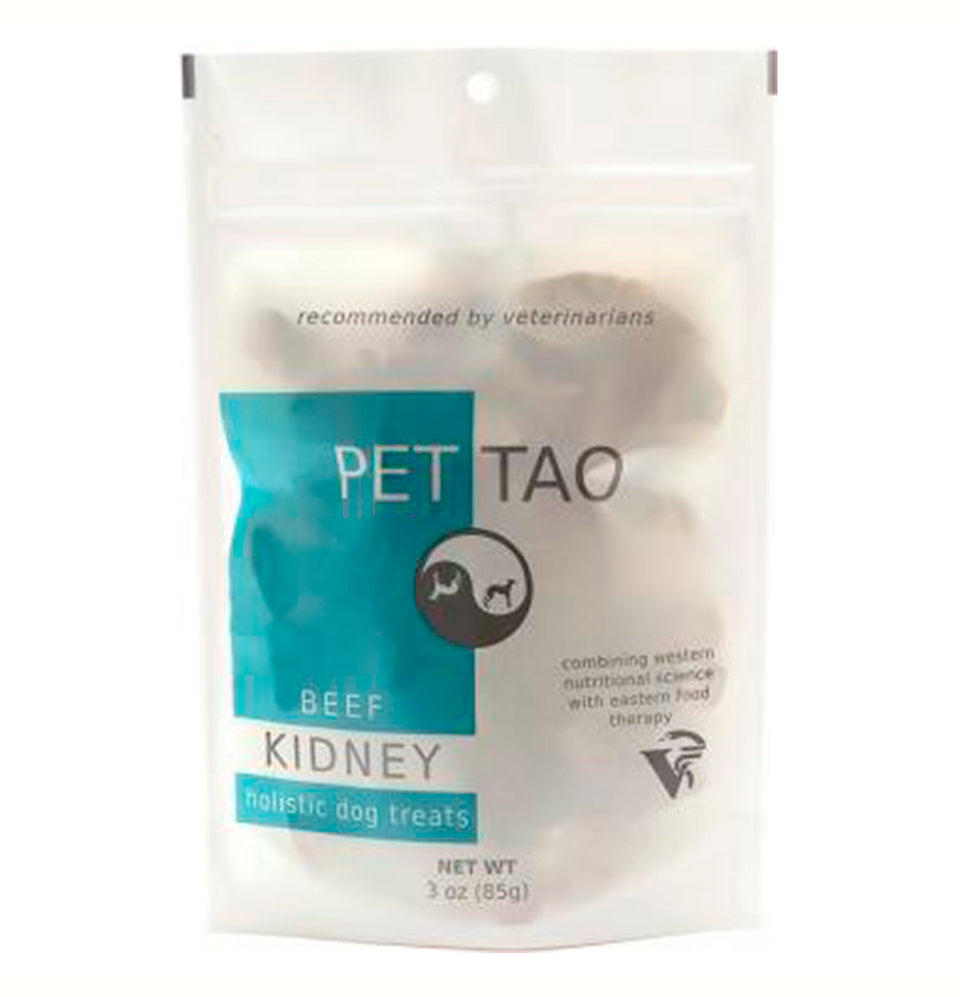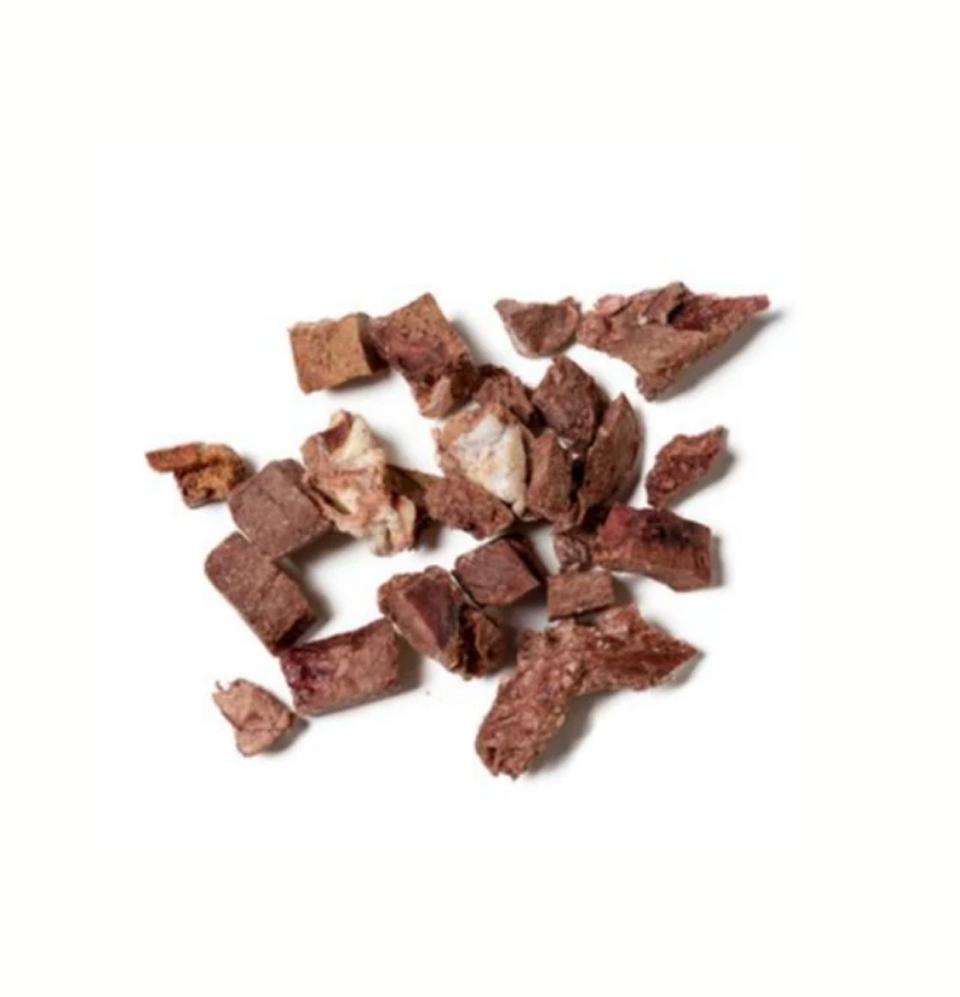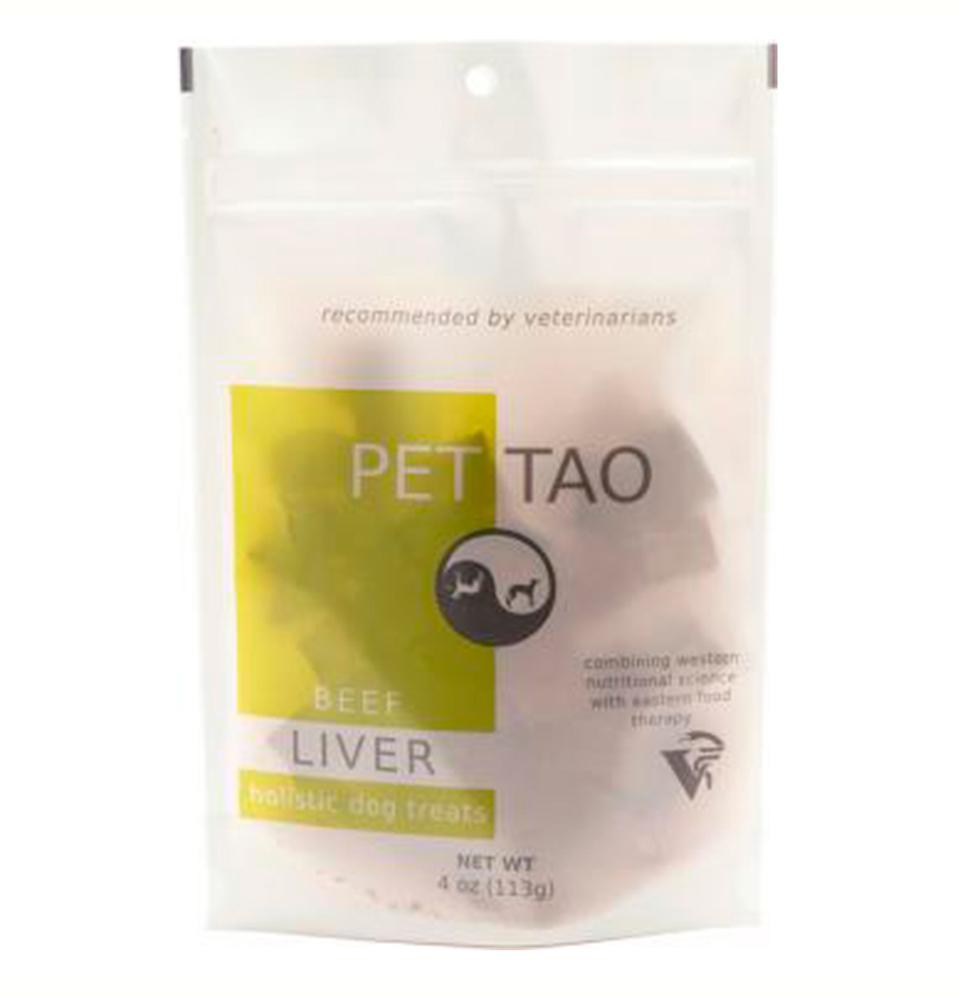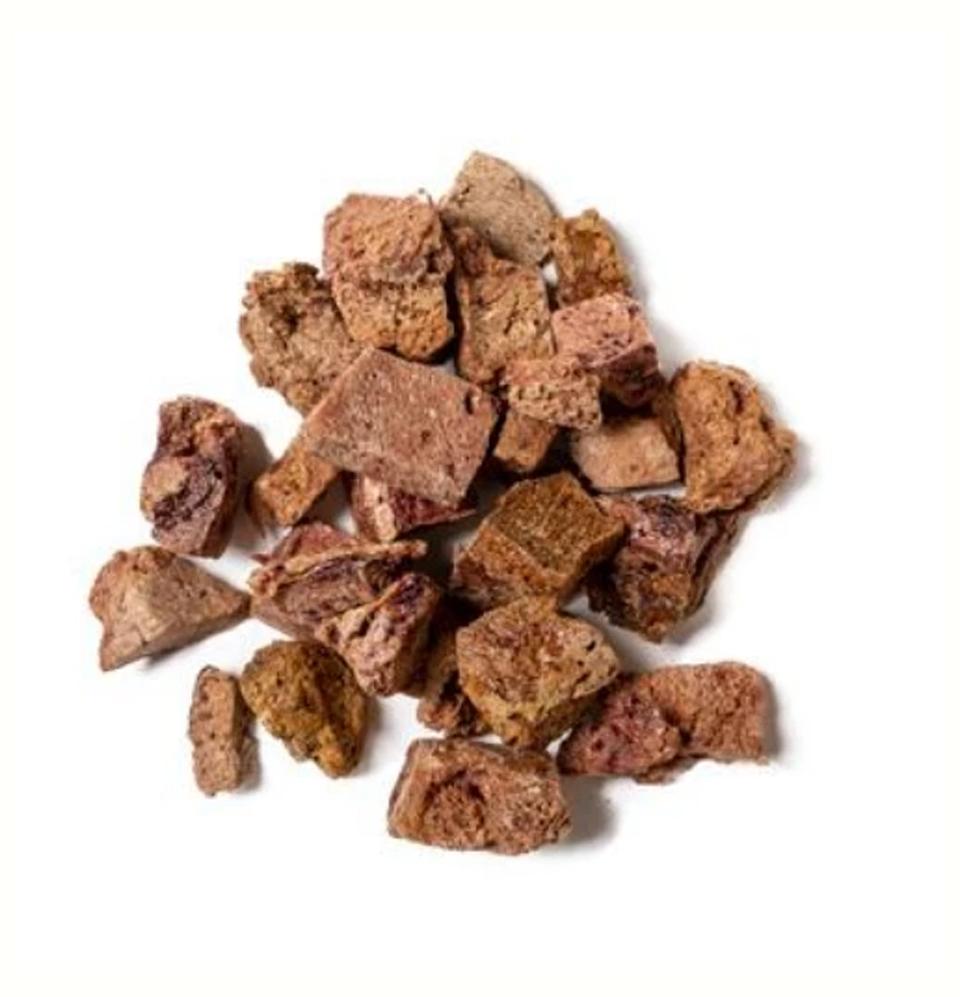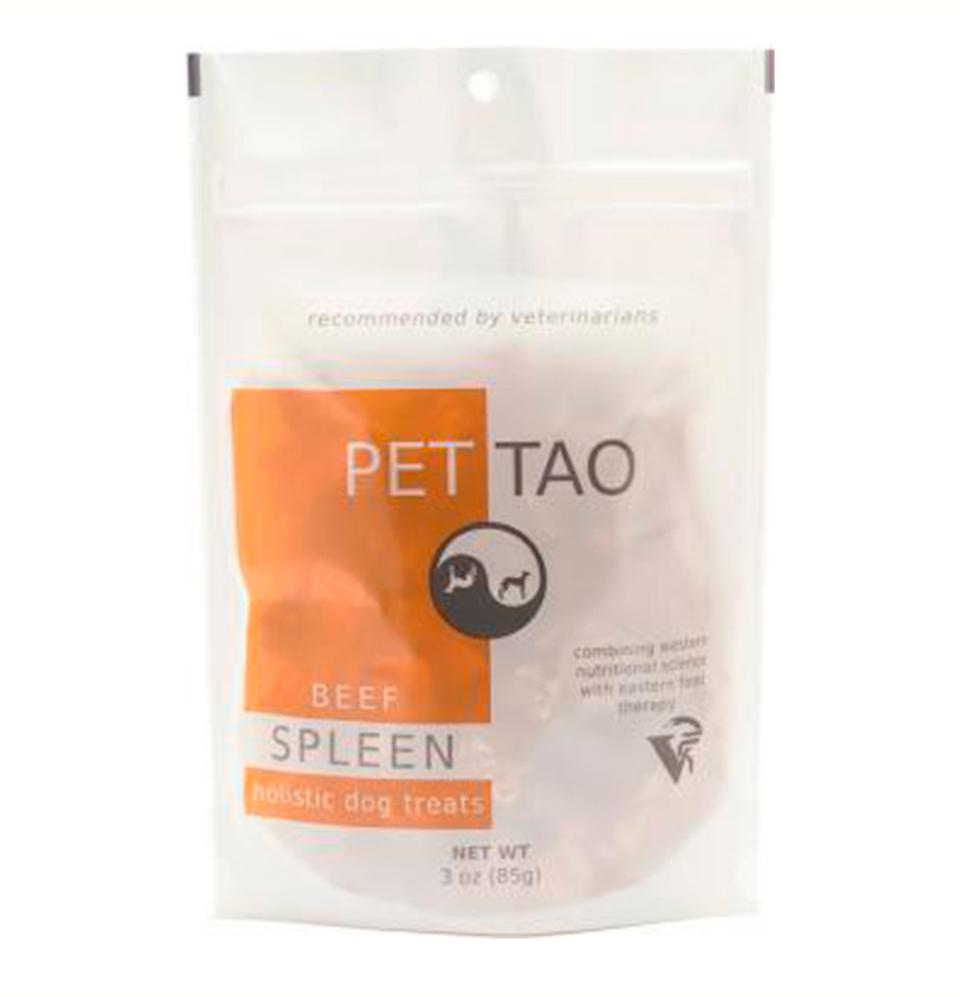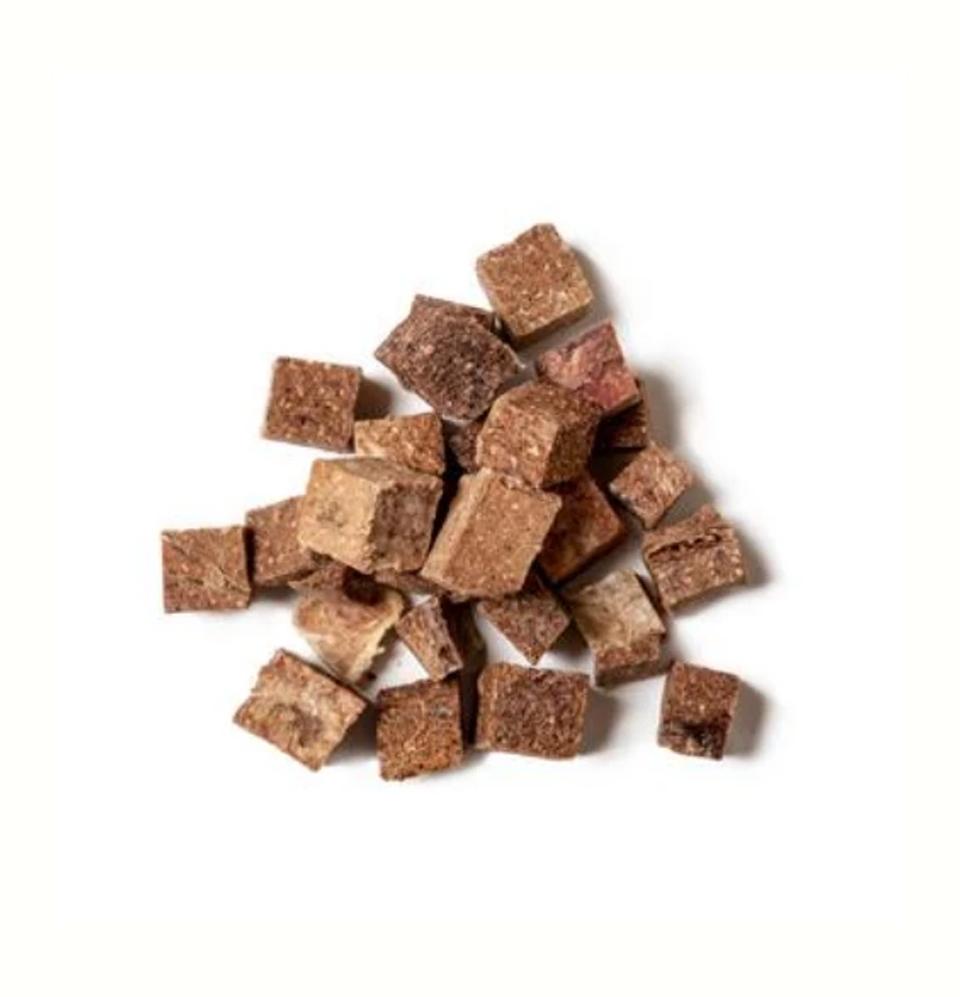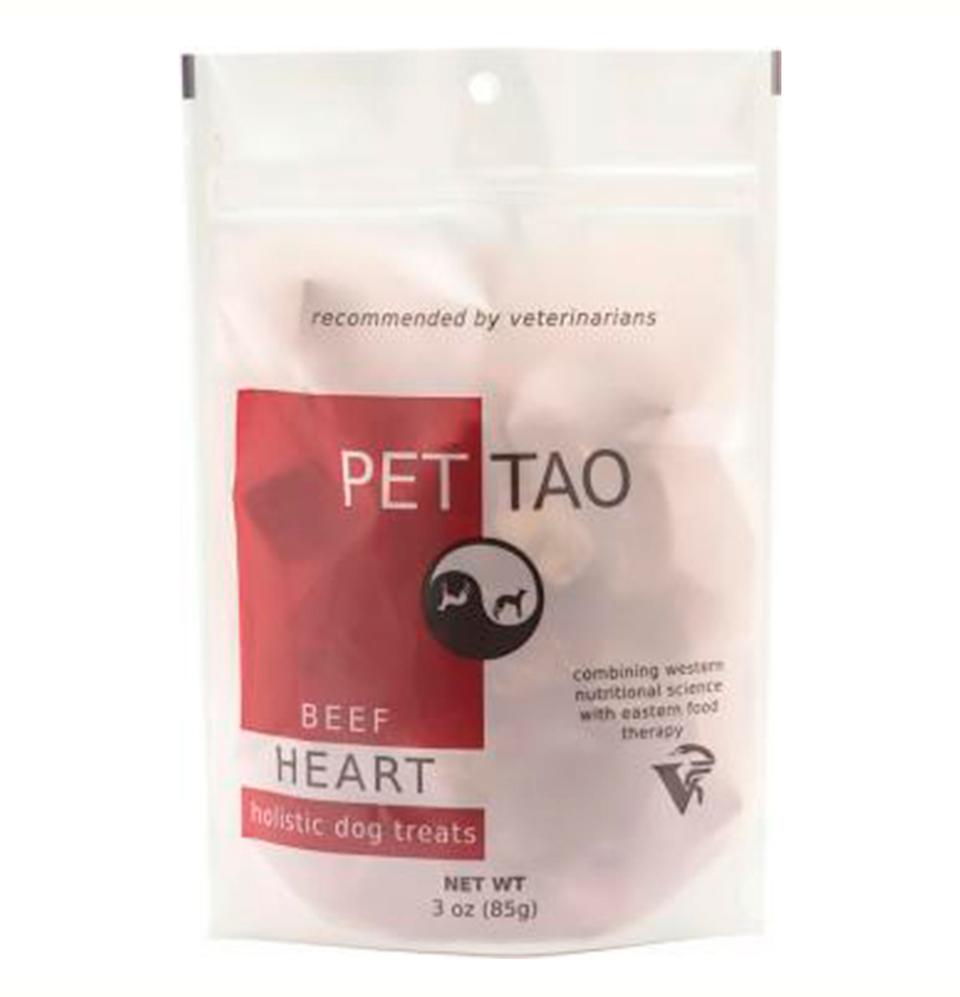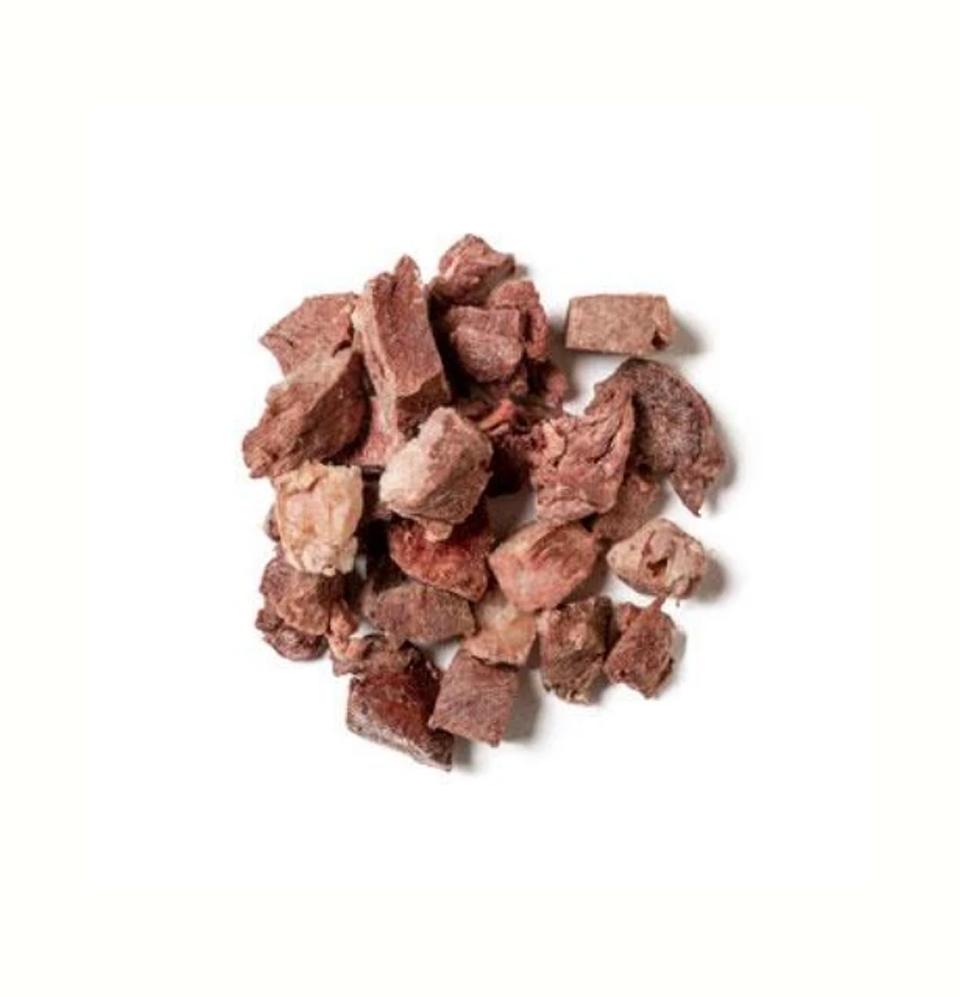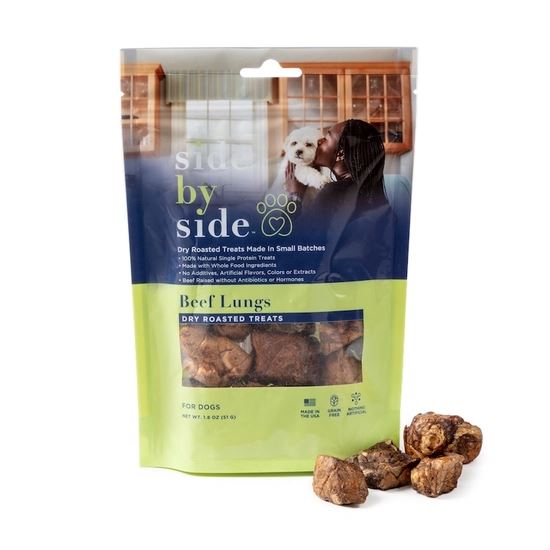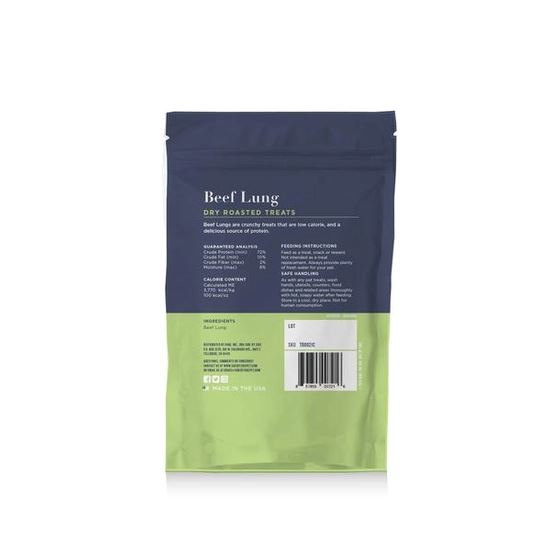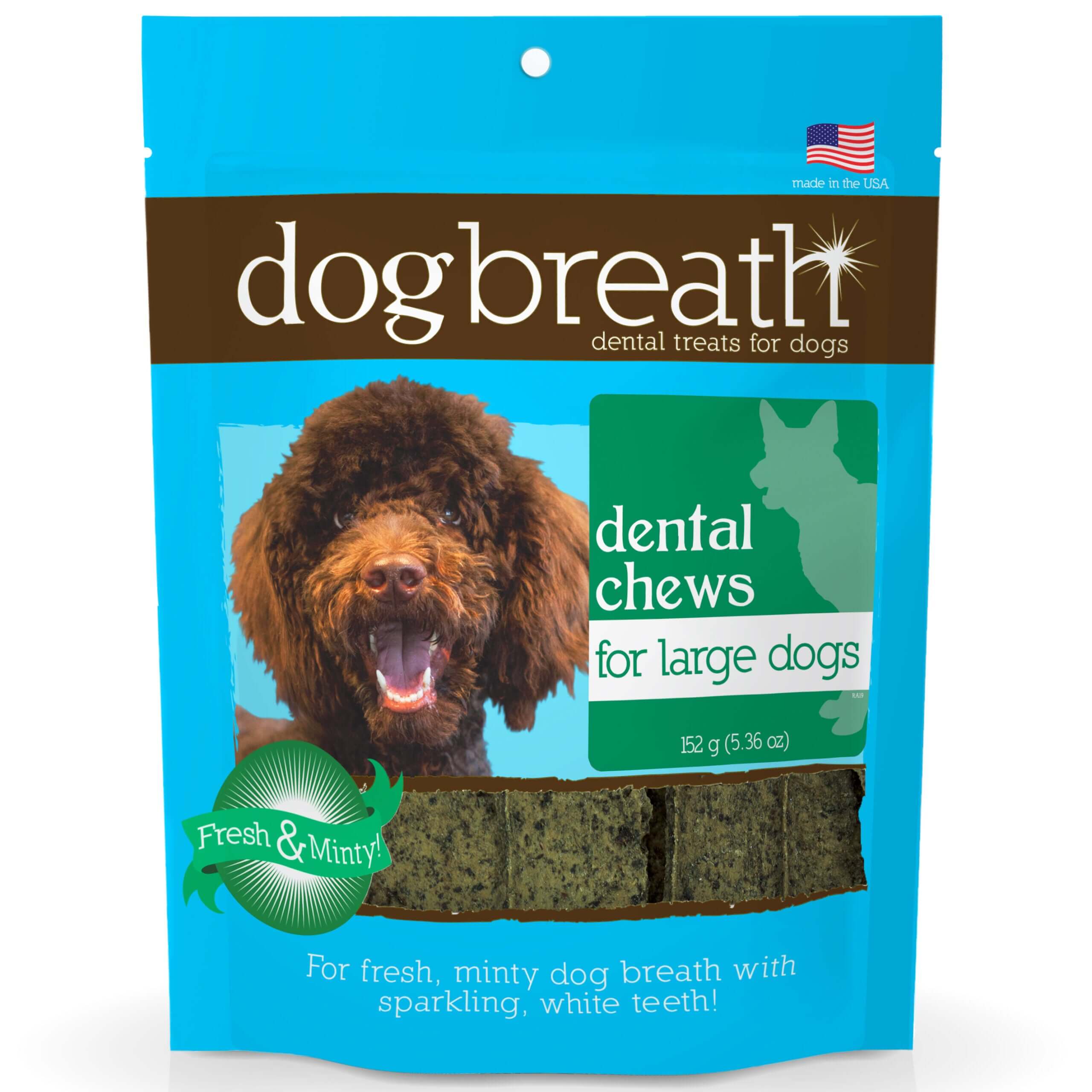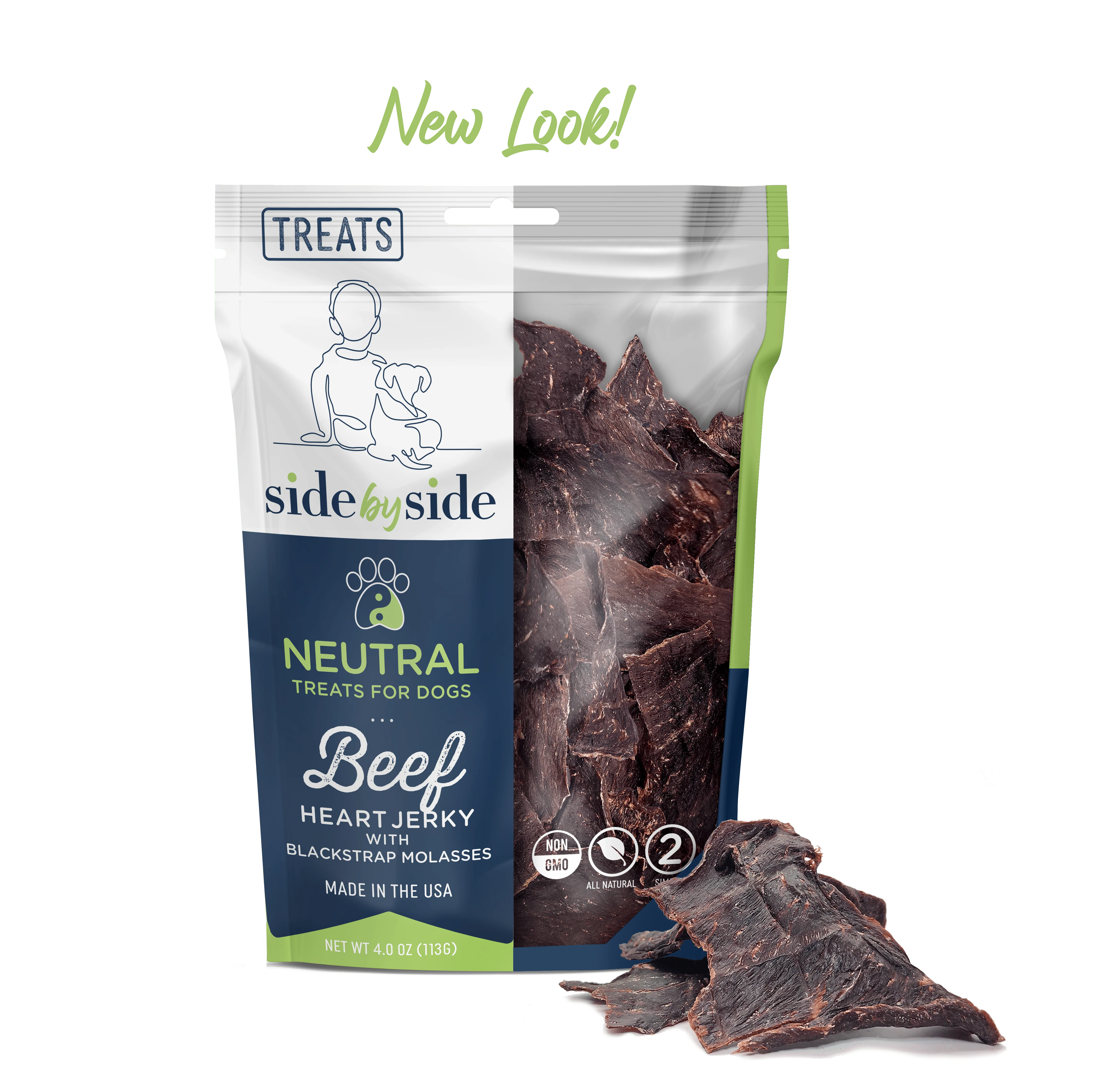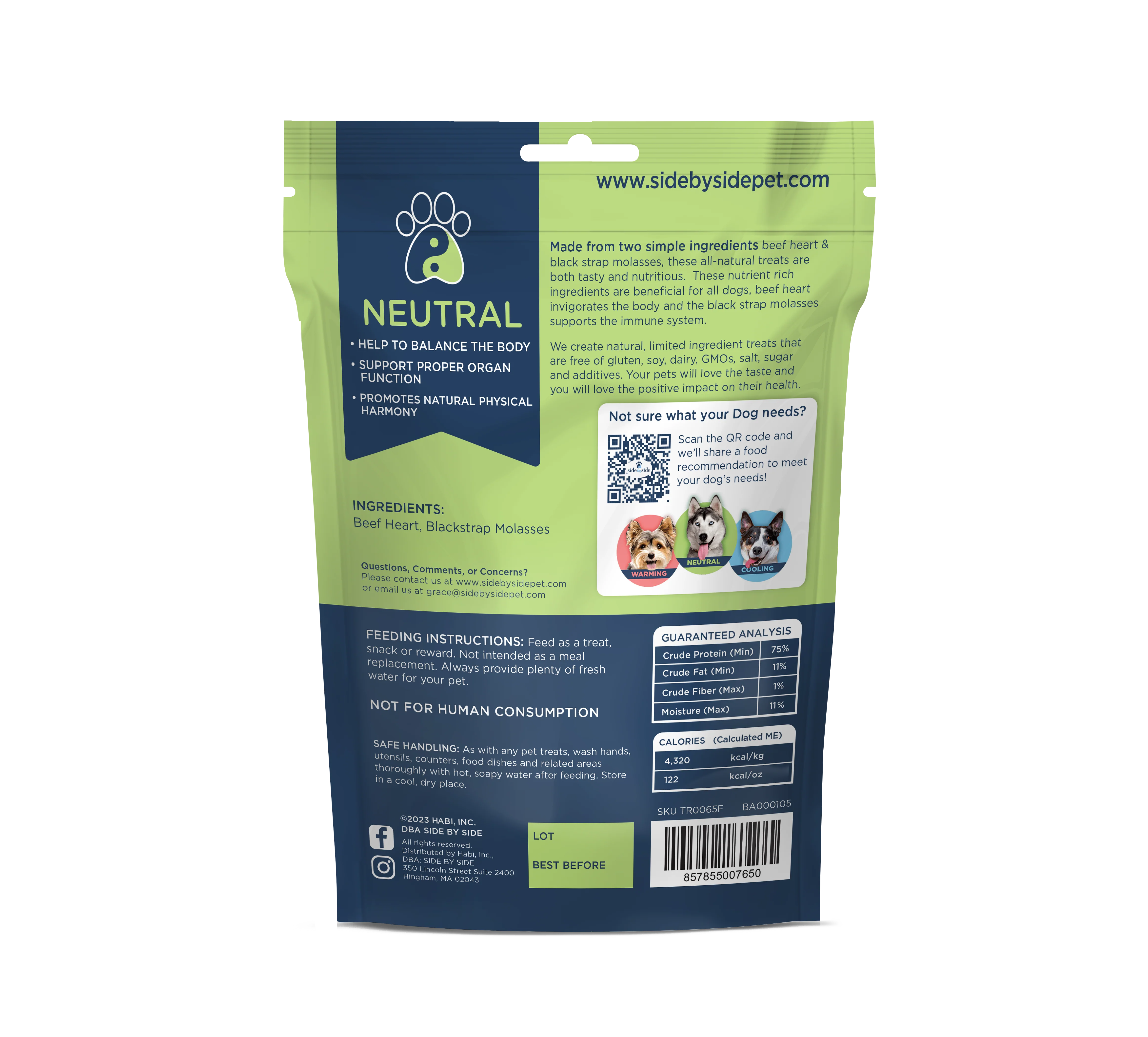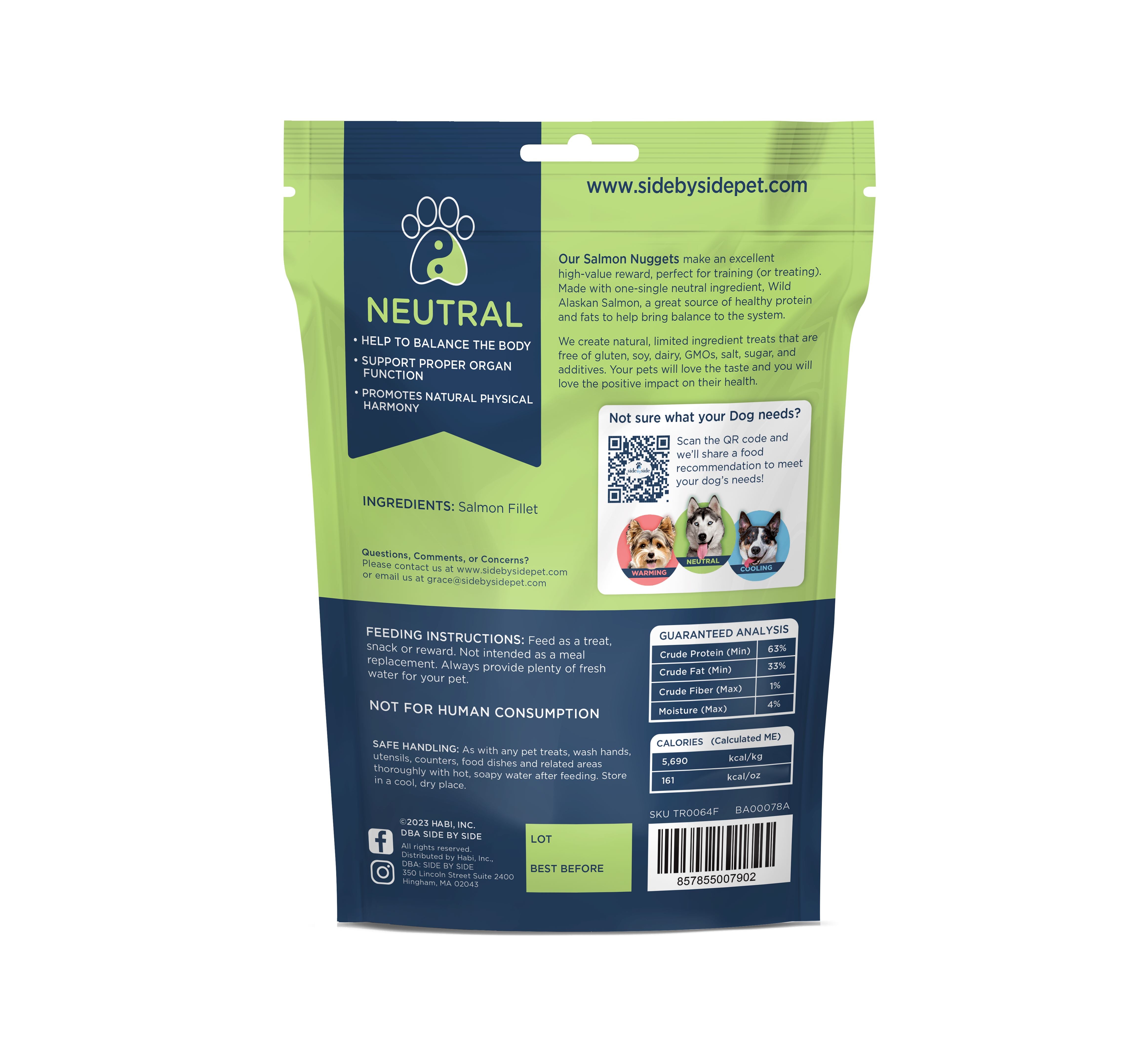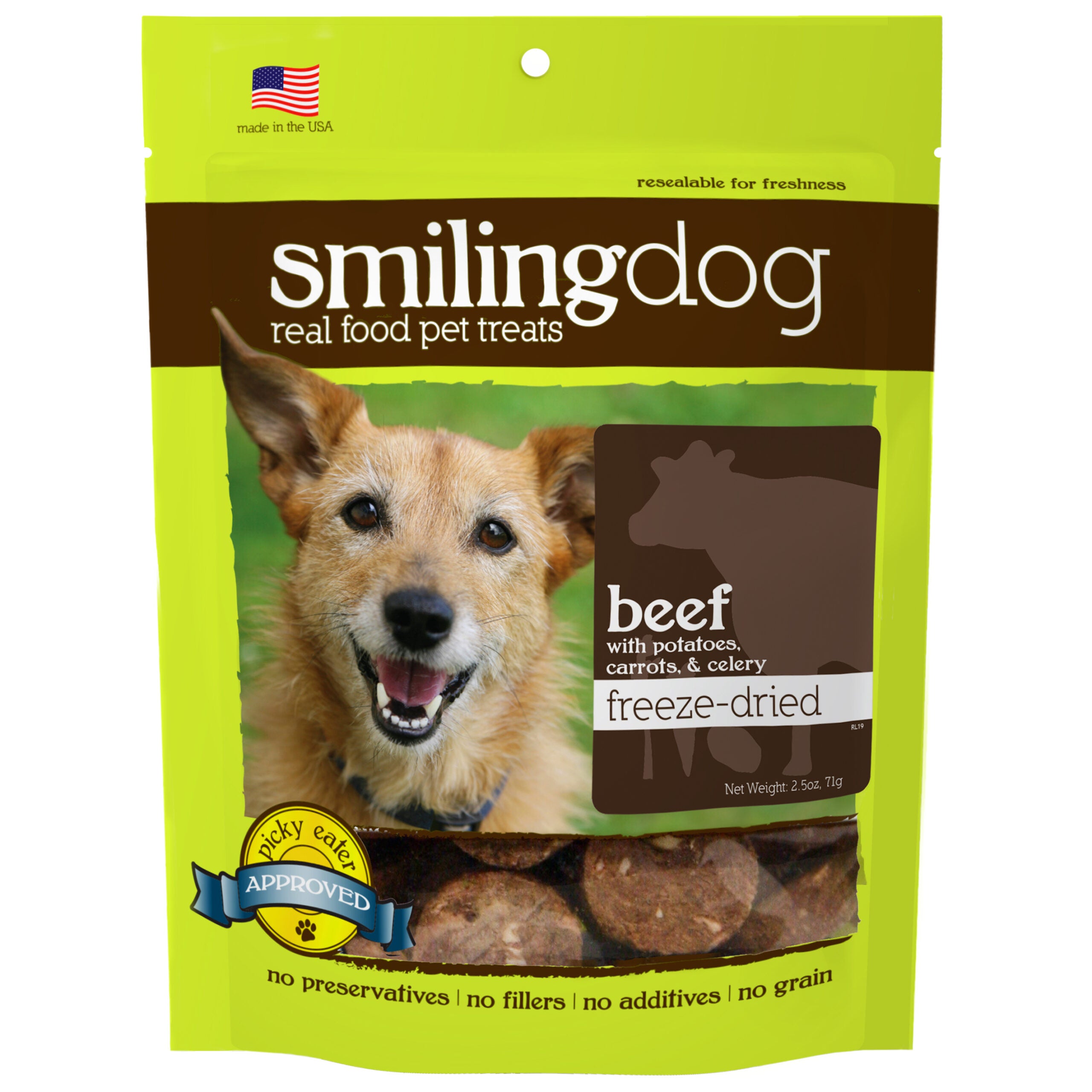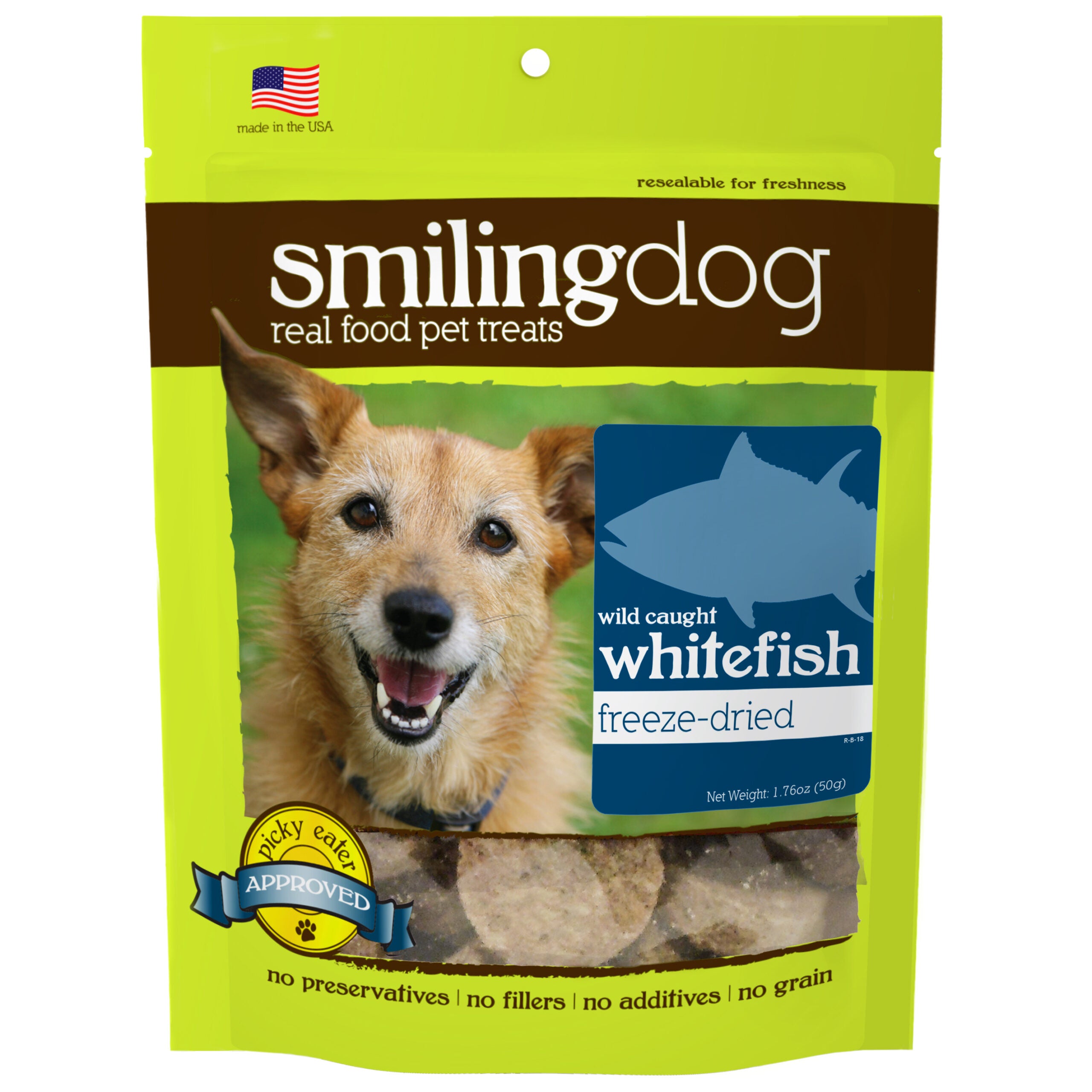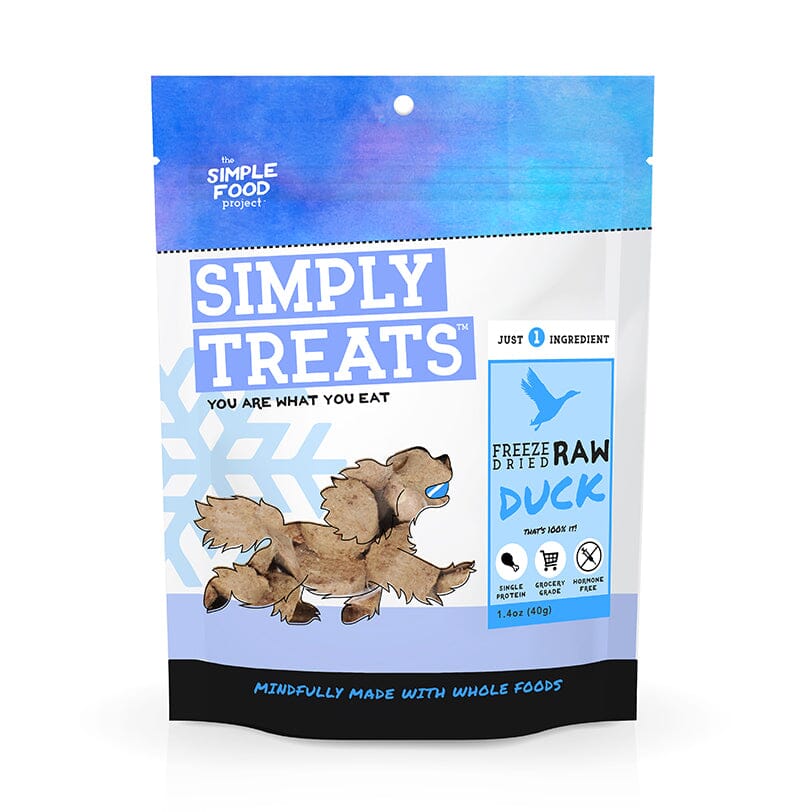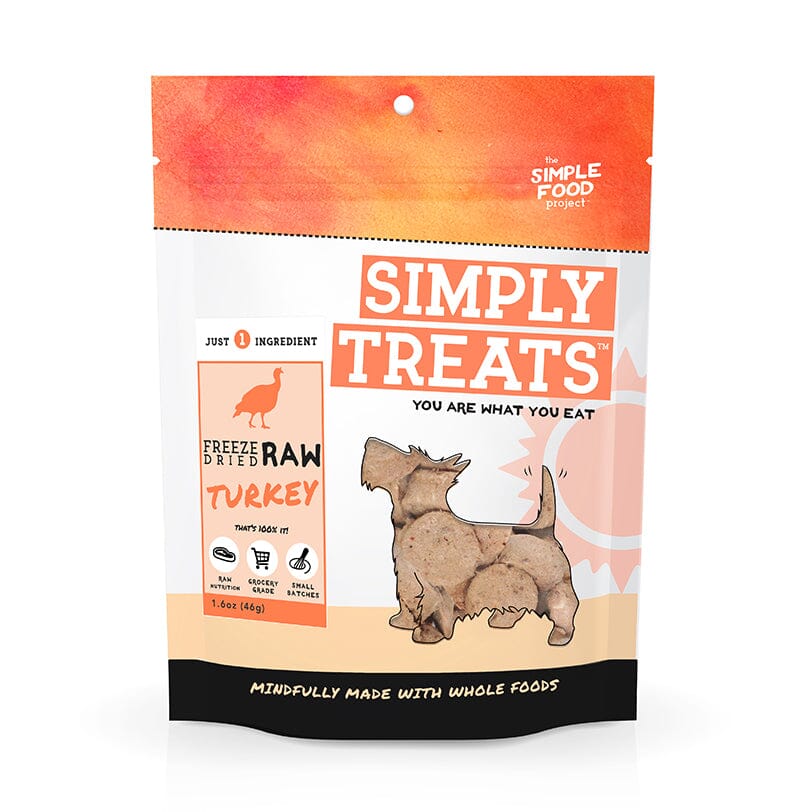Your shopping bag is empty
Go to the shopLIVER SUPPORT FORMULA
Bu Gan Tang
FUNCTIONS
Tonifies Liver Blood and Yin, subdues Liver Yang.
SYMPTOMS
Emotional Well Being, Hepatic Support, Muscular Support, Skin, Healthy Appetite, Healthy Liver
INGREDIENTS
Chinese licorice root and rhizome (Gan cao), Chinese quince fruit (Mu gua), Dong quai root (Dang gui shen), Dry fried sour jujube seed (Chao suan zao ren), White peony root (Bai shao)
CAUTIONS & CONTRAINDICATIONS
Avoid use in animals with signs of Dampness.
QUESTIONS & ANSWERS
Ask a Question-
What are the dosing instructions?
Hi, thank you for your email!
Vets usually choose a dose in that range based on individual characteristics, constitution, and symptoms. Dosing and duration depend on the weight of the animal and its condition.
We recommend you contact your vet as the dosing and duration for the formula can vary from patient to patient.
Thank you for supporting Traditional Chinese Veterinary Medicine!



